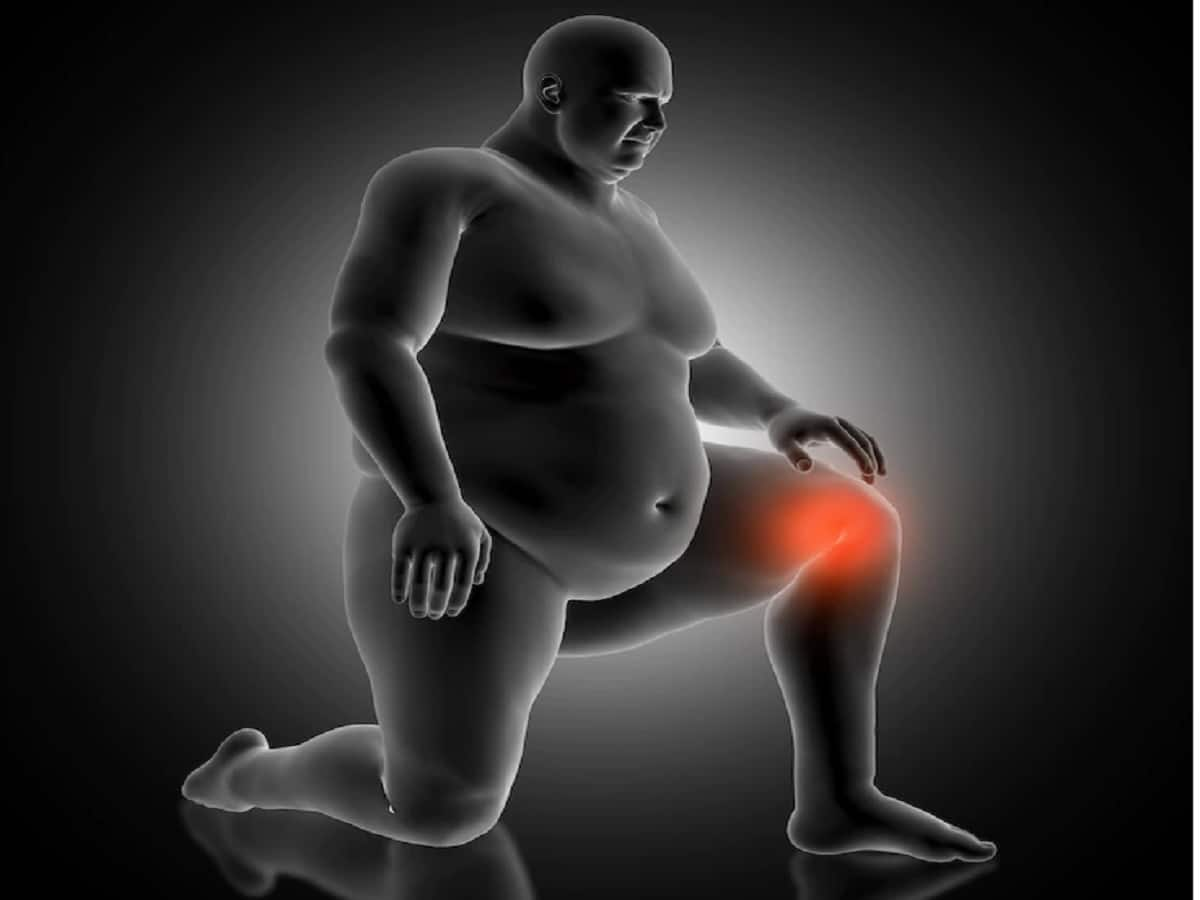Erectile dysfunction is affecting many men, especially the youth and they, are hesitant to seek help due to the stigma associated with the condition. This can lead to the problem being ignored and becoming more serious, potentially disrupting personal relationships.
According to reports, 18 percent of U.S. men age 20 and up suffer from erectile dysfunction[1] and one in every ten Indian men suffers from impotence, and the figure may be even higher in metropolitan areas[2]. In fact, India is rapidly becoming known as the “impotence capital” of the world. This widespread issue requires open and informed discussion to help men seek the necessary medical attention.
The causes of erectile dysfunction can be manifold, and the onset of impotence should signify the need to investigate any underlying causes. These can include physical factors such as cardiovascular disease, diabetes, hormonal imbalances, or neurological conditions, as well as psychological factors like stress, anxiety, or relationship issues.
It’s important to understand that impotence, or the inability to achieve or maintain an erection for sexual intercourse, is an extremely sensitive but common issue that affects many men.
Potential Causes of Impotence in Young Men
According to experts’ findings, Erectile dysfunction (ED), sometimes referred to as impotence, can be a concern for men of all ages, but it can be particularly surprising for younger men. While ED is often associated with aging, there are several underlying conditions that can contribute to this issue in young adults.
Cardiovascular Issues: One of the primary reasons a young man may experience impotence is due to cardiovascular problems. Conditions that affect the heart’s ability to efficiently pump blood, such as atherosclerosis (hardening of the arteries), can restrict blood flow to the penis, making it difficult to achieve and maintain an erection. Regular screening for heart disease and diabetes is crucial, as these underlying health issues are strongly linked to erectile dysfunction, even in younger men.
Diabetes: Diabetes mellitus is another significant contributor to impotence, particularly in young individuals. The high blood sugar levels associated with diabetes can damage the blood vessels and nerves responsible for proper sexual function. Ensuring proper management of diabetes through medication, diet, and lifestyle changes is essential for maintaining sexual health.
Neurological Factors: Certain neurological conditions or injuries can also lead to impotence in young men. Damage to the nerves that control sexual function, such as those affected by spinal cord injuries or neurological disorders, can interfere with the body’s ability to achieve and maintain an erection.
Psychological Factors: In some cases, impotence in young men may be primarily driven by psychological factors, such as stress, anxiety, depression, or relationship issues. Addressing these underlying mental health concerns through counseling or therapy can be an effective approach to resolving erectile dysfunction, BMC Psychology found.
Lifestyle Factors: Unhealthy lifestyle choices, such as excessive alcohol consumption, smoking, or recreational drug use, can also contribute to impotence in young men. Adopting a healthier lifestyle, including regular exercise, a balanced diet, and avoiding harmful substances, can help improve sexual function.
Relationship Issues: Married men may also experience impotence in certain situations, such as when one partner is unable to successfully penetrate the vagina. Due to shifting trends, an increasing number of Indian couples are engaging in what is known as the non-consummation of marriage. Infertility can be attributed in large part to erectile dysfunction alone.
Medication Side Effects: One of the side effects of taking certain medications is impotence. It’s critical that young men understand any possible sexual side effects from any medications they take.
Imbalances in Hormones: Additionally, low testosterone levels can exacerbate impotence. For sexual function, a healthy hormonal balance must be maintained.
ALSO READ: 4 Reasons Drinking Water Before Intimacy is Vital
Treating Erectile Dysfunction: Options to Try
There is no need to feel ashamed or hesitant about seeking treatment if you have Erectile dysfunction (ED) . With the right approach and medical guidance, ED can be effectively managed, allowing men to enjoy a healthy sexual life.
The first step in treating ED is to identify the underlying cause. This often involves a thorough medical evaluation and discussion with a healthcare professional. It is crucial to gather the partner’s confidence in the treatment process and ensure their cooperation throughout the journey.
Many medical disorders can contribute to ED, such as diabetes mellitus, heart disease, Parkinson’s disease, Alzheimer’s disease[3], stroke, or head injury[4] and hormonal imbalances. Correcting and optimizing these conditions is essential for effective ED management. Regular check-ups and adherence to prescribed treatments can significantly improve the chances of successful treatment.
Adopting a healthy lifestyle can greatly enhance the effectiveness of ED treatment[5]. Relaxation techniques, regular physical activity, a balanced diet, stress reduction, sound sleep, and weight management can all contribute to improved erections. Counseling may also be beneficial in identifying and addressing mental health issues, such as depression or anxiety, which can exacerbate ED.
Medication and Surgical Options
The Canadian Journal of Urology and Mayo Clinic revealed that when lifestyle modifications alone are insufficient, various treatment options are available, including:
Oral Medications
These medications, such as Sildenafil (Viagra), Tadalafil, (Adcirca, Cialis), Vardenafil (Levitra, Staxyn), Avanafil (Stendra), can help improve blood flow to the penis, leading to stronger and more sustainable erections.
Oral medications for erectile dysfunction (ED) work by enhancing the effects of nitric oxide, a natural chemical produced by the body that relaxes muscles in the penis. This increased blood flow allows for an erection in response to sexual stimulation.
How They Work
- Taking these medications will not automatically produce an erection. Sexual stimulation is still needed to cause the release of nitric oxide from penile nerves.
- The medications amplify this signal, enabling normal penile function in some people.
- Oral ED medications are not aphrodisiacs and are not needed by people who get normal erections.
The medications vary in dosage, duration of effect, and potential side effects. Possible side effects include flushing, nasal congestion, headache, visual changes, backache, and stomach upset. Here are some considerations before taking ED medications
- Your doctor will determine which medication and dosage might work best for your specific situation.
- These medications may not treat ED immediately, and you might need to work with your doctor to find the right option.
- Before taking any medication for ED, including over-the-counter supplements and herbal remedies, consult with your doctor.
- ED medications may be less effective in certain conditions, such as after prostate surgery or if you have diabetes.
- These medications can be dangerous if you take nitrate drugs commonly prescribed for chest pain (angina), have heart disease or heart failure, or have very low blood pressure (hypotension).
Alprostadil Self-Injection
Injected into the penis to create an erection lasting up to an hour. Side effects include minor pain, bleeding, prolonged erection (priapism), and rare fibrous tissue formation.
Alprostadil Urethral Suppository
A tiny suppository placed in the penile urethra using a special applicator. Erections start within 10 minutes and last 30-60 minutes. Side effects include burning sensation, minor bleeding, and rare fibrous tissue formation.
Testosterone Replacement
Recommended for men with low testosterone levels, which can complicate erectile dysfunction. This therapy can be used alone or in combination with other treatments.
Penile Implants
In cases where other treatments are ineffective or not suitable, penile implants can be surgically placed to provide a more natural feel and experience. These implants improve a man’s ability to get an erection and engage in sexual activity.
Other options: Additional treatments include penile traction therapy for men with Peyronie’s disease, vacuum erection devices, and intracavernosal injections.
Remember, early treatment is crucial in avoiding long-term consequences of ED on the patient’s and partner’s well-being. By seeking professional help and following a comprehensive treatment plan, men with ED can regain their confidence and enjoy a fulfilling sexual life.
ALSO READ: Can Viagra Cure Erectile Dysfuction Permanently?
(Disclaimer: This article is for educational purposes only and is not meant to provide any clinical or medical advice. Please contact your doctor for more information.)








